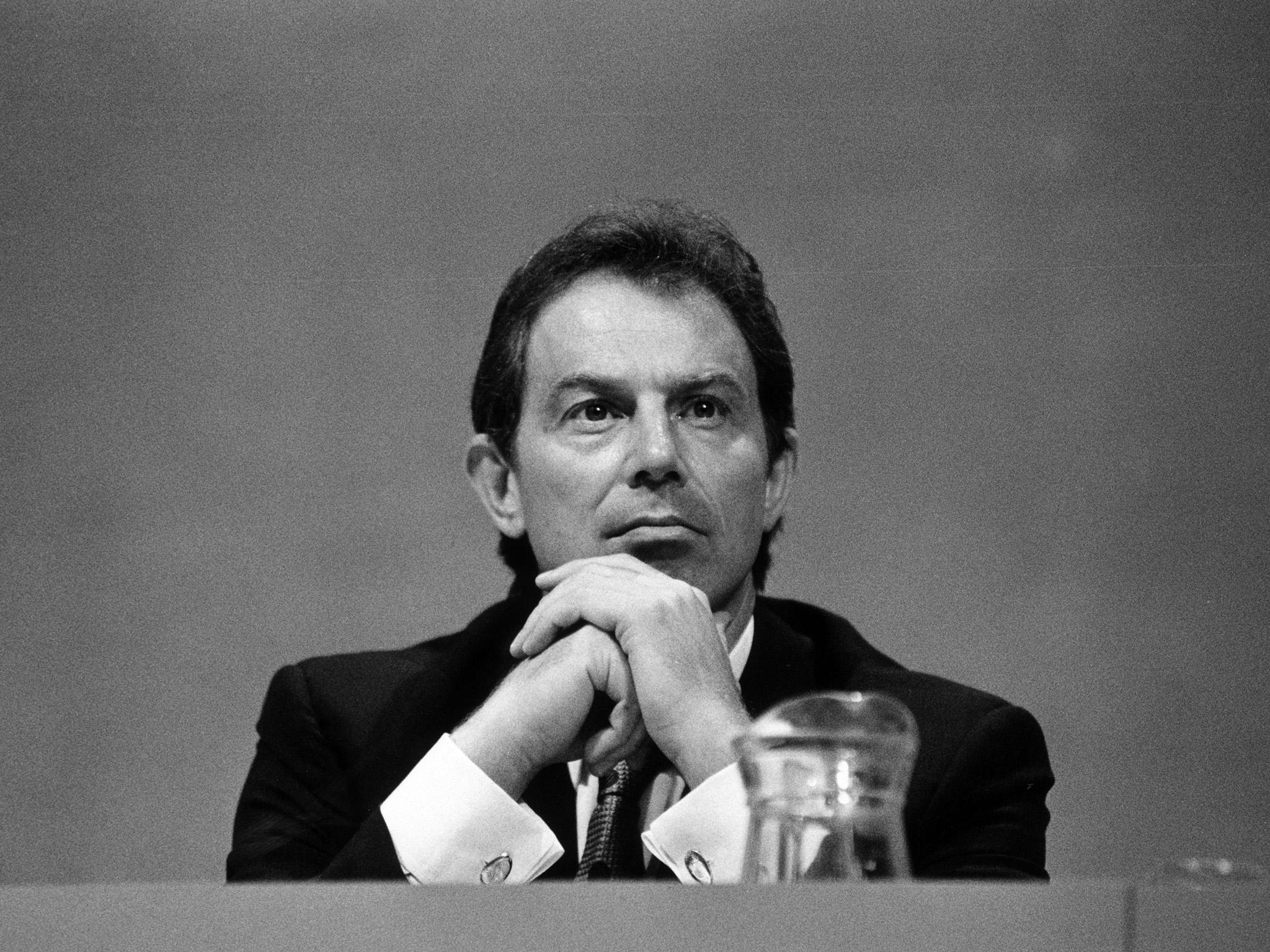Tony Blair is threatening to come back into politics and 'doesn't understand' Corbynmania – but we don't want him back
A YouGov poll in 2012 showed that the British public 'overwhelmingly… would not like to see Tony Blair return to UK politics.' More than this, the poll showed that the criticism of Blair was 'deeply personal'; the word most often used when describing him was 'dishonest'

Your support helps us to tell the story
From reproductive rights to climate change to Big Tech, The Independent is on the ground when the story is developing. Whether it's investigating the financials of Elon Musk's pro-Trump PAC or producing our latest documentary, 'The A Word', which shines a light on the American women fighting for reproductive rights, we know how important it is to parse out the facts from the messaging.
At such a critical moment in US history, we need reporters on the ground. Your donation allows us to keep sending journalists to speak to both sides of the story.
The Independent is trusted by Americans across the entire political spectrum. And unlike many other quality news outlets, we choose not to lock Americans out of our reporting and analysis with paywalls. We believe quality journalism should be available to everyone, paid for by those who can afford it.
Your support makes all the difference.In a recent interview, Tony Blair stated that he “didn’t understand” the popularity of Jeremy Corbyn among Labour members. Like most of Blair’s recent forays into British politics, the intervention caused a bit of a scene. And today’s intrusion from the former prime minister is no different.
Blair has suggested that the current political climate in the UK may necessitate his return to frontline politics. But if he thinks he is the answer, then he’s certainly right about one thing: he doesn’t understand modern politics at all.
I don’t reject this offer from Blair because I am a Corbyn sycophant. I disagree with the former Labour leader on a number of issues, particularly his exploits in the Middle East and his failure to instil traditional Labour values at the heart of the dying days of his government. But it’s not the disaster that was the Iraq War that troubles me now: it’s the fact that Blair’s political vision and his understanding of Britain is frozen in time. His perspective is outdated and his remedies stale. What worked in 1997 will not work today, and yet Blair clings to yesteryear as if only he has the answers.
Blair is often described as a master tactician, the ultimate politician, but he’s blinded by his own ego. Some of his closest allies, by contrast, have attempted to understand what caused “Corbynmania” in a more nuanced way. His former media advisor Alistair Campbell, for example, has written persuasively about New Labour’s failure to protect its own legacy and the way mistakes that were made while Labour was in government led to the project’s ultimate demise. This approach is more fitting of the modern political era than Blair’s fingers-in-ears approach.
On a human level, his intervention is easier to understand. From the national minimum wage or to the Human Rights Act, Blair is rightly proud of the progressive reforms he instituted in government, but he knows that his name has been tarnished forever by his failings in Iraq.
For my part, it’s hard to feel sympathetic to a man who delivered a “sorry-not-sorry” style apology after the damning conclusions of the Chilcot report were made public. If Blair was serious about approaching the British people with new answers to tough political questions, perhaps he could start by addressing his own failures and his continued refusal to accept sufficient blame.
But, given that recent condemnation has not taught Tony Blair humility, there is little chance of a popular revival of his political career. He’s a politician out-of-touch with the needs of modern Britain. Fed up with the status quo and tired of “politics as usual”, the people behind Corbyn’s rise are as far removed from Blairism as it’s possible to get – and not just because of their political ideology. There are many supporters of Corbyn who do not, in fact, share in all (or much) of his left-wing ideas but, nevertheless, see him as a credible alternative choice to the Conservatives – many of whom could themselves be labelled “Blairite”.
A YouGov poll in 2012 showed that the British public “overwhelmingly… would not like to see Tony Blair return to UK politics.” More than this, the poll showed that the criticism of Blair was “deeply personal”; the word most often used when describing him was “dishonest”.
If Blair wants to heal his conscience or salvage his tainted reputation, he’d be best stepping out of the political limelight rather than back into it.
Join our commenting forum
Join thought-provoking conversations, follow other Independent readers and see their replies
Comments